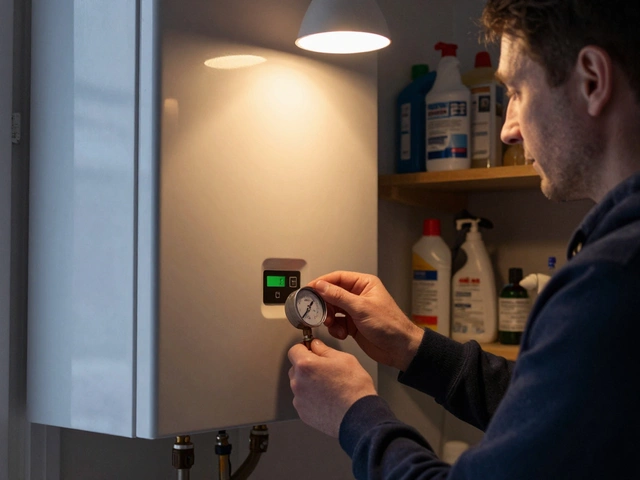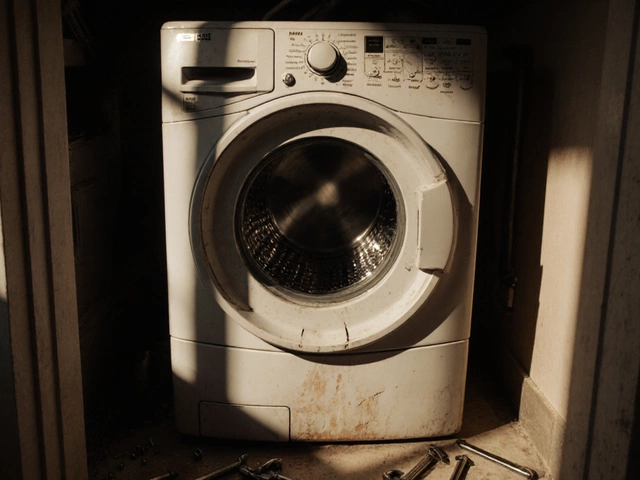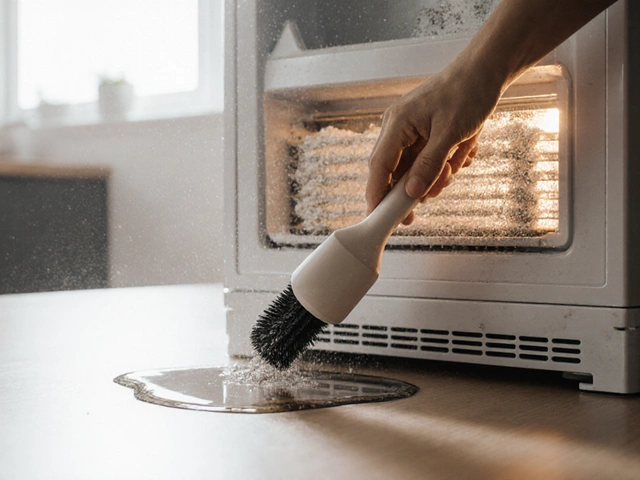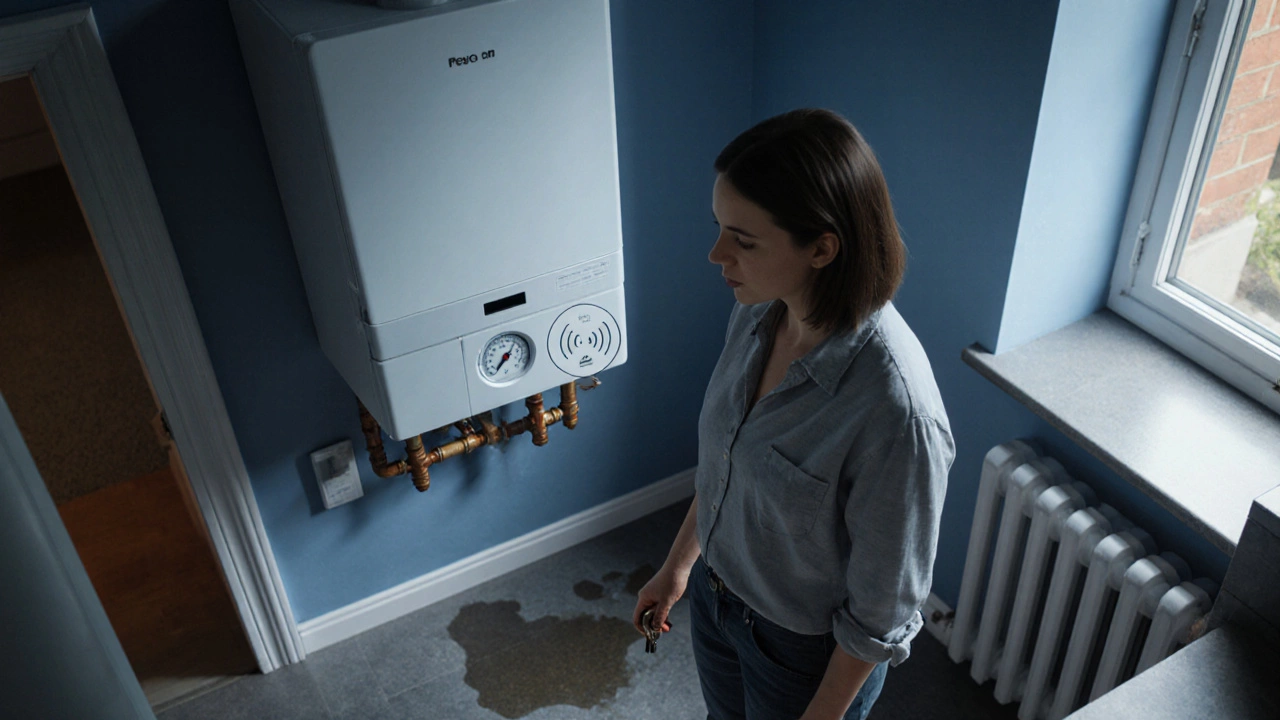When to Call Boiler Repair: Know the Signs and Act Fast
When working with Boiler Repair, the process of diagnosing and fixing problems in a home heating boiler. Also known as boiler service, it ensures your home stays warm and your water stays hot.
Boiler repair doesn’t exist in a vacuum – it’s tightly linked to the Heating System, the network of pipes, radiators, and controls delivering warmth throughout a house and the Hot Water Supply, the part of the boiler that provides heated water for taps, showers, and baths. When any component in this chain shows trouble, the boiler itself usually shows an early warning. Those early cues fall under what we call Boiler Failure Signs, visible or audible symptoms that indicate a loss of efficiency or safety risk. By learning to read these signs, you can decide the exact moment you need a professional. Ignoring them often leads to higher repair costs, longer outages, or even dangerous carbon‑monoxide leaks. So, spotting a drop in pressure, a hissing noise, or a sudden loss of hot water isn’t just inconvenient—it’s a clear trigger for a service call.
Common Issues That Prompt an Immediate Call
One of the most frequent alarms is a sudden drop in boiler pressure below 1 bar. Low pressure means the system can’t circulate water properly, and the boiler will shut down to protect itself. Another tell‑tale sign is an irregular banging or gurgling sound—often caused by trapped air or a failing pump. Leaks, especially around the base of the unit or near pipe joints, signal a compromised seal that can lead to water damage and efficiency loss. If you notice no heat at all, even though the thermostat is set high, the pilot light may have gone out or the ignition system could be faulty. Strange error codes on the digital display are the boiler’s way of telling you something’s wrong; don’t ignore them. Lastly, a persistent smell of gas or a musty odor should trigger an emergency response because of the risk of carbon monoxide exposure. When any of these signs appear, you should schedule boiler repair immediately, preferably with a qualified technician who can safely restore pressure, replace worn parts, or clean the heat exchanger.
The posts below dive deeper into each of these scenarios. You’ll find step‑by‑step guides on checking pressure, troubleshooting noisy boilers, identifying leak sources, and understanding when a DIY fix is safe versus when you need a professional. There’s also advice on choosing an emergency boiler service, what to ask a technician, and how to keep your heating system running efficiently year after year. By the end of the collection you’ll have a clear roadmap: from quick visual checks to the moment you pick up the phone for expert assistance. Let’s explore the practical tips and detailed explanations that will help you keep your home warm without the guesswork.






